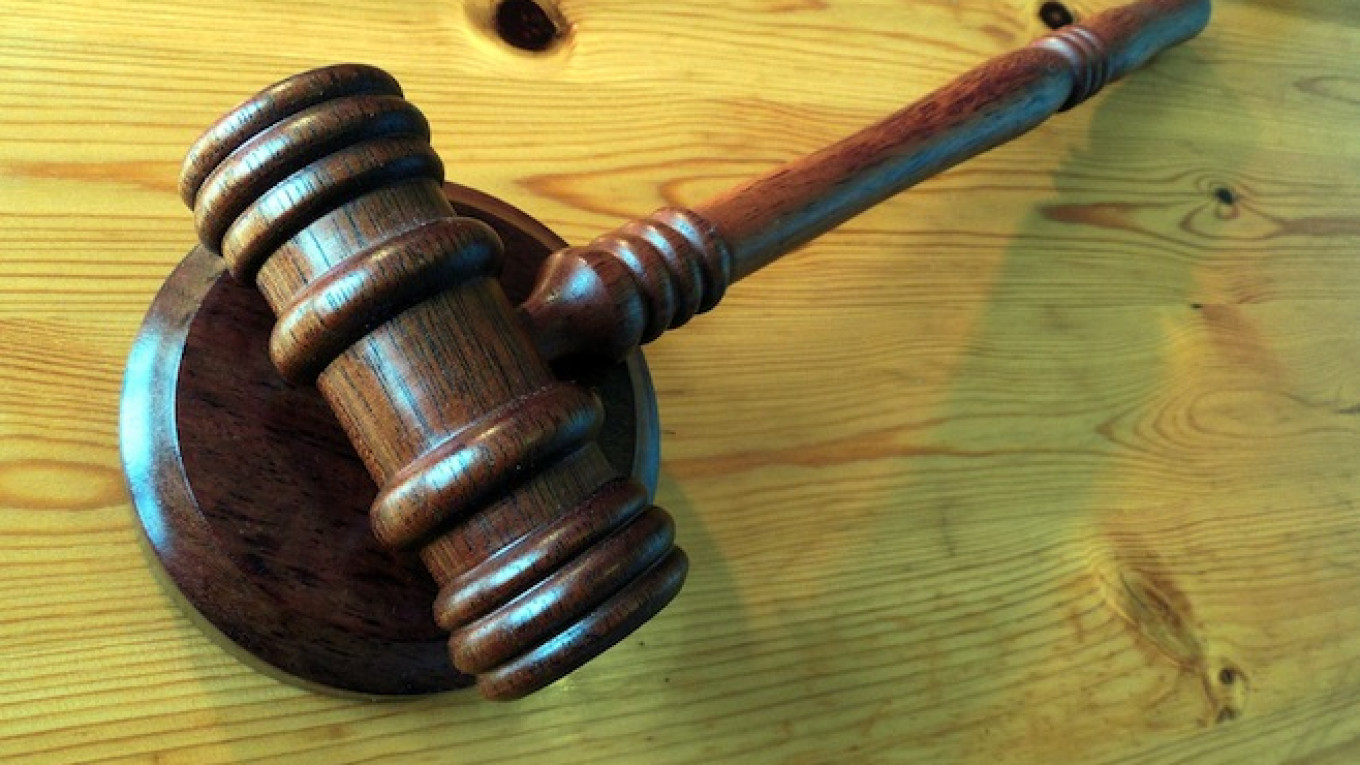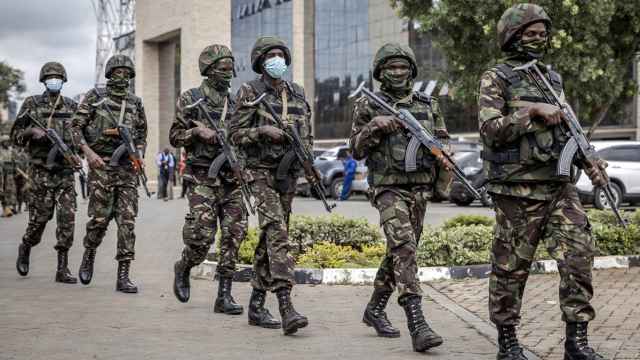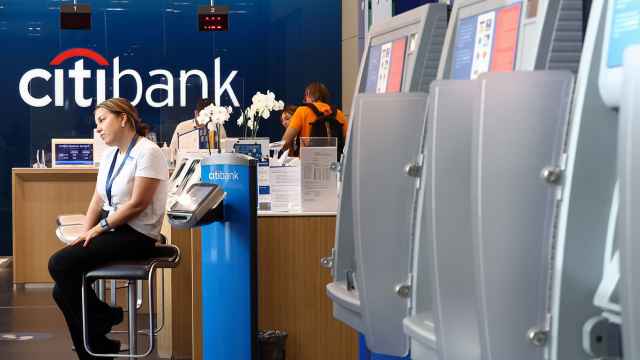Spanish authorities have issued an arrest warrant for several high-ranking Russian officials suspected of mafia ties in the country, the Rosbalt.ru news website reported Tuesday.
State Duma deputy Vladislav Reznik from Putin's ruling "United Russia” party was among the 12 Russian citizens targeted by Spanish authorities.
Several other prominent Russian officials also appear on the list, including General Nikolai Aulov, deputy director of the Federal Drug Control Service and former KGB colleague of Vladimir Putin; and former deputy chairman of the Investigative Committee Igor Sobolev.
Prosecutors claim that Reznik and Aulov both had dealings with Tambov mafia chief Gennady Petrov, who moved part of the gang's operation to Spain from St. Petersburg in 1996.
Sobolev is suspected by law enforcement agencies of informing the crime group of police actions in exchange for lavish gifts.
Investigators say they have evidence of the group's involvement in arms trafficking, drug smuggling, extortion, bribery, and money-laundering.
All three men deny the charges.
Mafia leader Petrov was arrested and detained in Spain in 2008 and 2010, but released on bail on both occasions. In 2012, he received permission to leave the country for a brief visit to Russia but never returned.
Charges were filed against 26 Russian and Spanish defendants in December 2015, but they failed to attend court when requested in January of the following year.
Spain does not try defendants in absentia.
The police investigation has so far seen officers seize assets worth more 15 million euros ($17.3 million) belonging to alleged Russian organized crime groups. One of the prosecutors involved in the case, Jose Grinda, described Russia as a “virtual mafia state” in a leaked diplomatic cable from the U.S. Embassy in Madrid in 2010.
Kremlin spokesman Dmitry Peskov has described the prosecutors' allegations to journalists as "total nonsense," telling the Bloomberg news agency that the claims were "beyond the realm of reason."
A Message from The Moscow Times:
Dear readers,
We are facing unprecedented challenges. Russia's Prosecutor General's Office has designated The Moscow Times as an "undesirable" organization, criminalizing our work and putting our staff at risk of prosecution. This follows our earlier unjust labeling as a "foreign agent."
These actions are direct attempts to silence independent journalism in Russia. The authorities claim our work "discredits the decisions of the Russian leadership." We see things differently: we strive to provide accurate, unbiased reporting on Russia.
We, the journalists of The Moscow Times, refuse to be silenced. But to continue our work, we need your help.
Your support, no matter how small, makes a world of difference. If you can, please support us monthly starting from just $2. It's quick to set up, and every contribution makes a significant impact.
By supporting The Moscow Times, you're defending open, independent journalism in the face of repression. Thank you for standing with us.
Remind me later.






